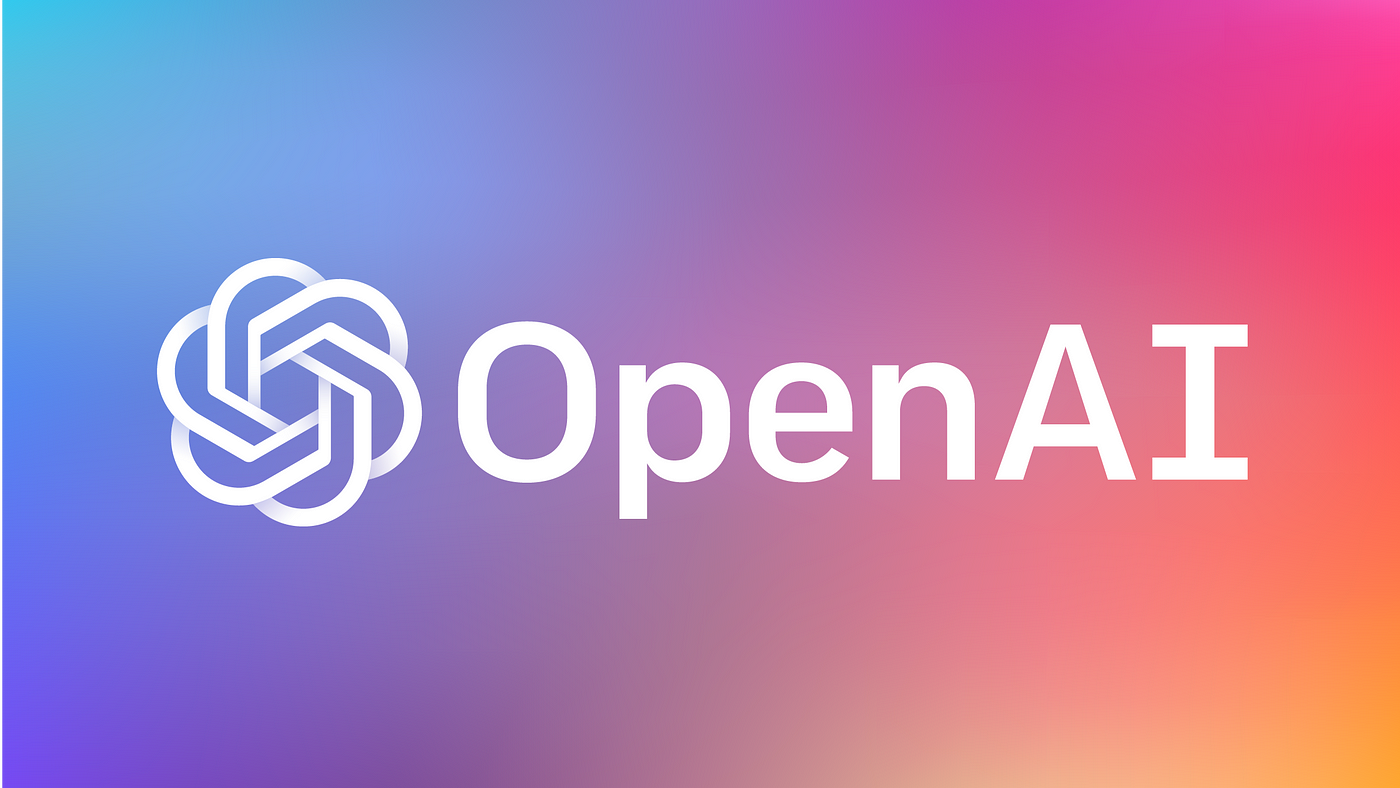OpenAI is preparing to launch a new open-source artificial intelligence model, according to a report from The Information citing sources familiar with the development. This strategic pivot would represent a dramatic departure for the Microsoft-backed company, which has operated under increasingly intense public scrutiny since ChatGPT’s explosive debut in late 2022.
The anticipated release would mark OpenAI’s return to its foundational open-source principles. While the company made its first two generations of GPT (Generative Pre-trained Transformer) models freely accessible to the public, it has since embraced a significantly more restrictive approach. Both GPT-3.5 and GPT-4—the sophisticated models that power ChatGPT—remain tightly guarded proprietary systems, with minimal public disclosure regarding their underlying architecture, training methodologies, or the massive computational infrastructure required for their development.
When GPT-4 made its landmark debut in March 2023, OpenAI explicitly defended its decision to withhold technical specifications, citing both competitive pressures and safety considerations. “Given both the competitive landscape and the safety implications of large-scale models like GPT-4, this report contains no further details about the architecture or training methods,” the company declared in its accompanying technical documentation.
Now, however, market dynamics appear to be forcing a strategic reconsideration. The decision to develop and launch a new open-source model emerges amid intensifying competitive pressure from a rapidly expanding ecosystem of open-source AI initiatives, many of which are achieving remarkable performance gains and closing the capability gap with industry leaders.
While no official timeline has been announced for the model’s public release, this development signals a potential strategic realignment for OpenAI within an increasingly saturated and fast-evolving marketplace. Industry analysts suggest the move could help OpenAI maintain relevance among researchers and developers who strongly favor open platforms and transparent development practices.
The competitive pressure extends well beyond traditional industry rivals like Google. Earlier this year, a leaked internal Google memorandum authored by a company engineer issued a stark warning that both Google and OpenAI risked being overtaken by open-source developers. “The uncomfortable truth is, we aren’t positioned to win this arms race, and neither is OpenAI,” the memo bluntly stated. It went on to argue that independent engineers within the open-source community were demonstrating superior innovation velocity and operational agility compared to established tech giants.
This surge in open-source AI development has been significantly accelerated by Meta’s strategic contributions to the field. The social media giant has released several highly capable models under open licenses, which have gained widespread adoption across academic institutions and among independent developers, fostering a broader culture of collaborative innovation and technological transparency within the AI research community.
While OpenAI’s forthcoming open-source release is anticipated to be less sophisticated than GPT-4, it could nonetheless play a pivotal role in democratizing access to advanced AI technology and influencing the trajectory of the field. Additional details regarding the model’s capabilities, release schedule, and licensing terms are expected to emerge over the coming months as OpenAI finalizes its strategic plans.
Author: AI
Published: 15 July 2025
